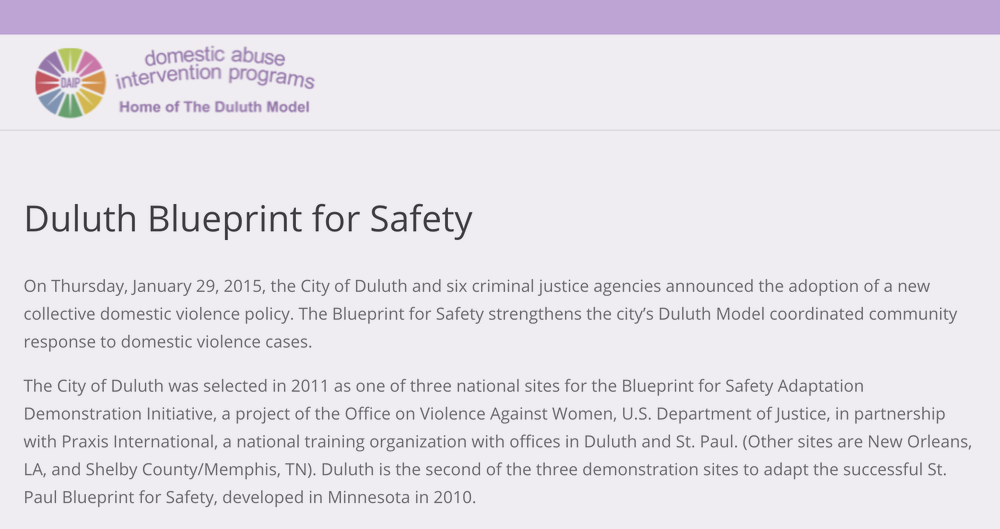Imagining a Non-Violent World "The Be the Peace, Make a Change Project": A Rural Community Peacebuilding Initiative to End Gender-Based Violence
Nancy M. Ross, Dalhousie University
This article will profile the innovative community engagement process initiated by the "Be the Peace, Make a Change" project to end gender-based violence in Lunenburg County, Nova Scotia, and conclude with lessons learned. These lessons were summarized as "headlines" to imagine a future with new narratives for interpersonal relationships. This project was a three-year grassroots initiative of Second Story Women’s Centre, funded by Status of Women Canada. It engaged the rural communities of Lunenburg County to develop a coordinated response to violence against women and girls. It focused on the engagement of all genders, youth, and adults in exploring and implementing the visions, hopes and actions identified as priorities by the community within a peacebuilding framework. Community was broadly defined to include: survivors of relationship violence; professional service providers in healthcare, community services, policing and justice; municipal and provincial government; community-based services; educators and schools; clergy; and any interested citizens. The need to alter the cultural and social roots that sustain violence was recognized. A focus on building trusting partnerships both locally and provincially, inclusion of men and boys, engaging schools and youth and the justice systems, as well as survivors were hallmarks of the project.






